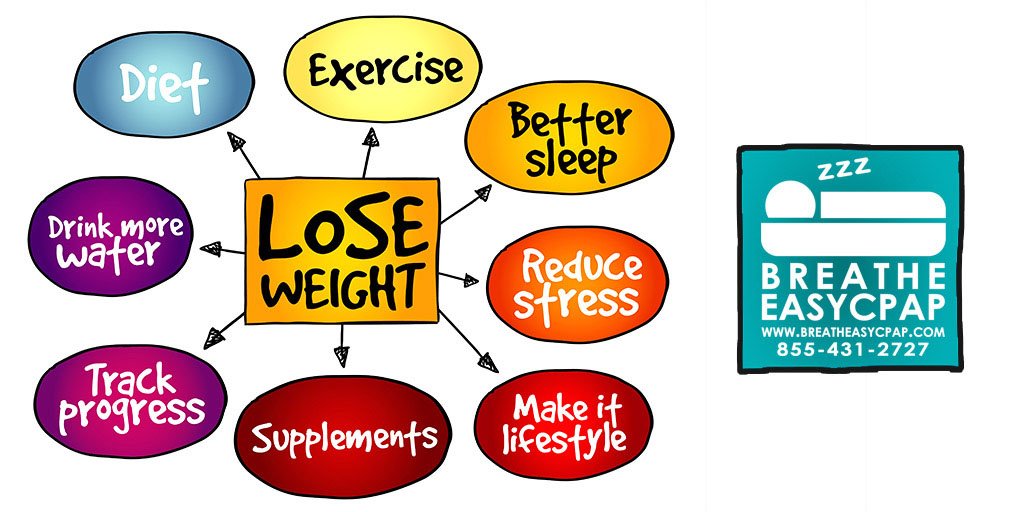Obesity and Sleep Apnea
Did you know that the number of obese and severely obese patients that doctors treat for sleep apnea is roughly double that of adults of a normal weight? When it comes to finding a cause for most sleep apnea cases, we know that obesity is the primary culprit.
When excess fat surrounds the upper airway and around the chest and neck, increased pressure is placed on the throat. This leads to an increase in turbulence during breathing, especially at rest. While we have strong evidence to support that obesity can cause sleep apnea, we’re also gaining new insight which supports that the disorder itself contributes to obesity.
It might seem complicated, but overtime, as sleep apnea deprives you of a normal night’s rest, you crave more sugary foods to feed your sleepless brain and are unable to perform as many physical activities that you may have in the past. This causes our bodies to become increasingly resistant to insulin and, in turn, we readily gain weight.
Both Obesity and Sleep Apnea Put People at Risk
While the jury is still out on which came first, obesity or sleep apnea, we know that both health issues greatly increase the risk of developing harmful cardiovascular disorders and other grave illnesses such as diabetes. If you’ve developed both obesity and sleep apnea, you’re at a greatly inflated risk of being diagnosed with coronary artery disease, congestive heart failure, and stroke. These are complicated and often fatal disorders, and so, those who are at risk must be mindful of their health and take the necessary precautions aimed at prevention.
Physical Activity and Healthy Eating
Staying active and choosing healthy meals are important activities matters for all people, but they’re especially important for those who have both sleep apnea and obesity. If you’re concerned about your health, talk to your doctor about starting a weight-loss regime and exercise program. Finding a style of physical activity that you already love, such as swimming or biking, is a great place to start.
Keeping a food diary is an excellent way to explore how what you’re eating impacts your moods and sleeping habits. When you wake up exhausted and drink several cups of coffee or get through the afternoon by chugging a large soda, you’re putting your sleep quality in jeopardy.
When a person drinks caffeine, especially in the afternoon, brain activity is stimulated making it harder to sleep later on. This struggle to get enough rest leads most people to choose the same poor habits the following day.
If caffeine consumption is one of your issues, try limiting your caffeine intake. In doing so, you’re giving your body permission to find its own natural rhythm.
CPAP Therapy to Control Sleep Apnea and Lose Weight
Although CPAP treatment is not a weight-loss regime, it is a tool to help you get control back into your life. We know that CPAP therapy improves sleep, and this improved rest decreases instances of insulin resistance and improves out of balance hormones that might be contributing to your obesity.
You want to be healthy, but if you aren’t treating your sleep apnea, you simply won’t have the energy to exercise or the will power to choose healthy foods. You deserve to live a long and healthy life.
When you make the choice to start CPAP therapy, you’re showing the world that you value yourself. Find a trustworthy CPAP supply store like Breatheeasycpap.com and discover your perfect CPAP machine and mask options and get started on the path of healthy living.

